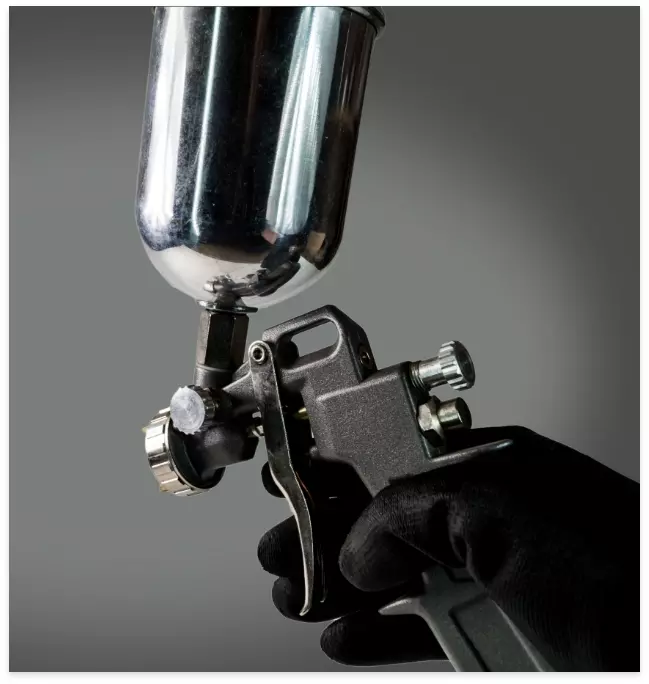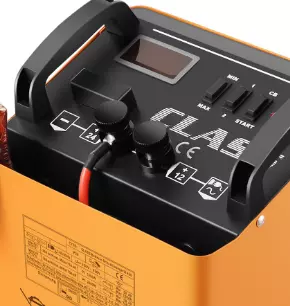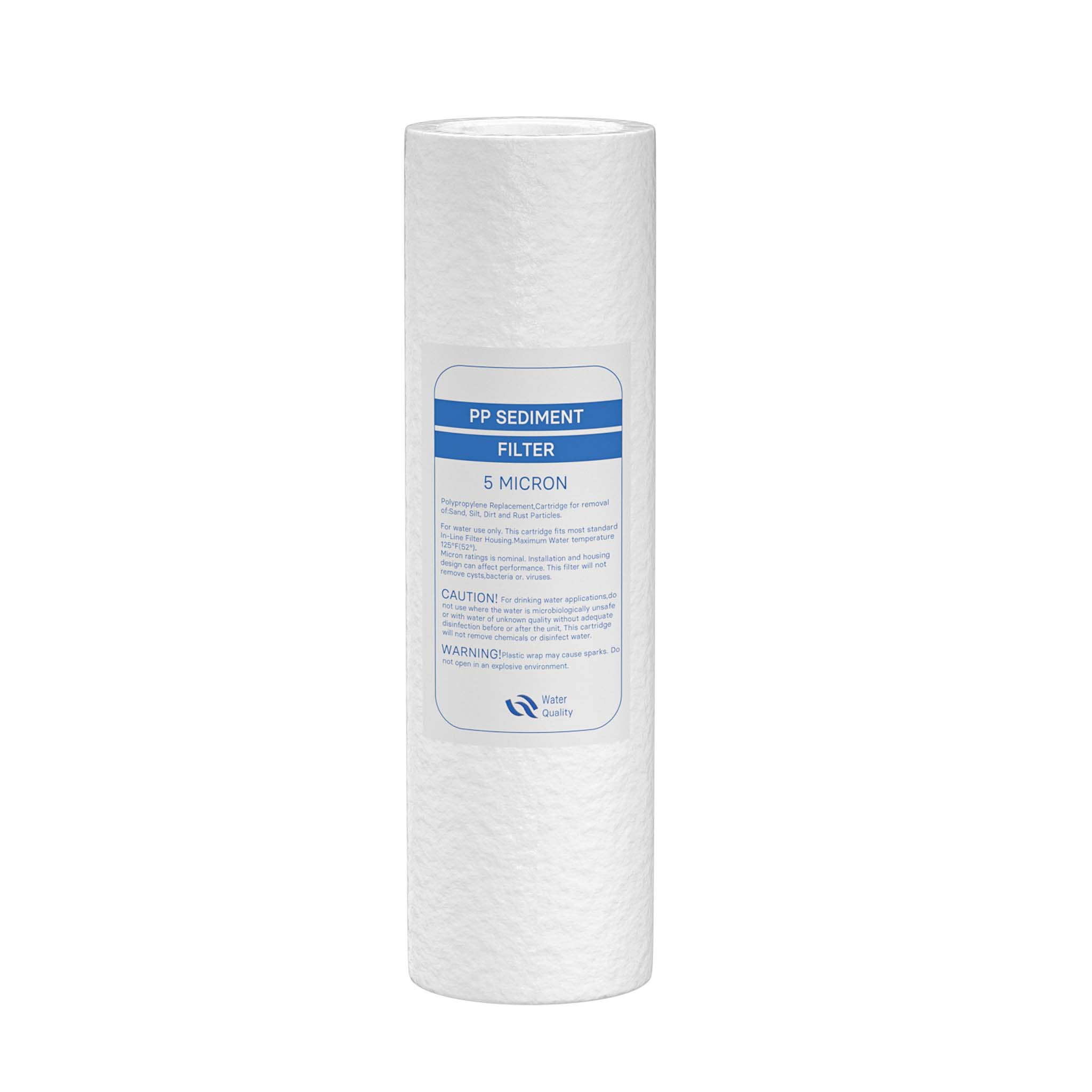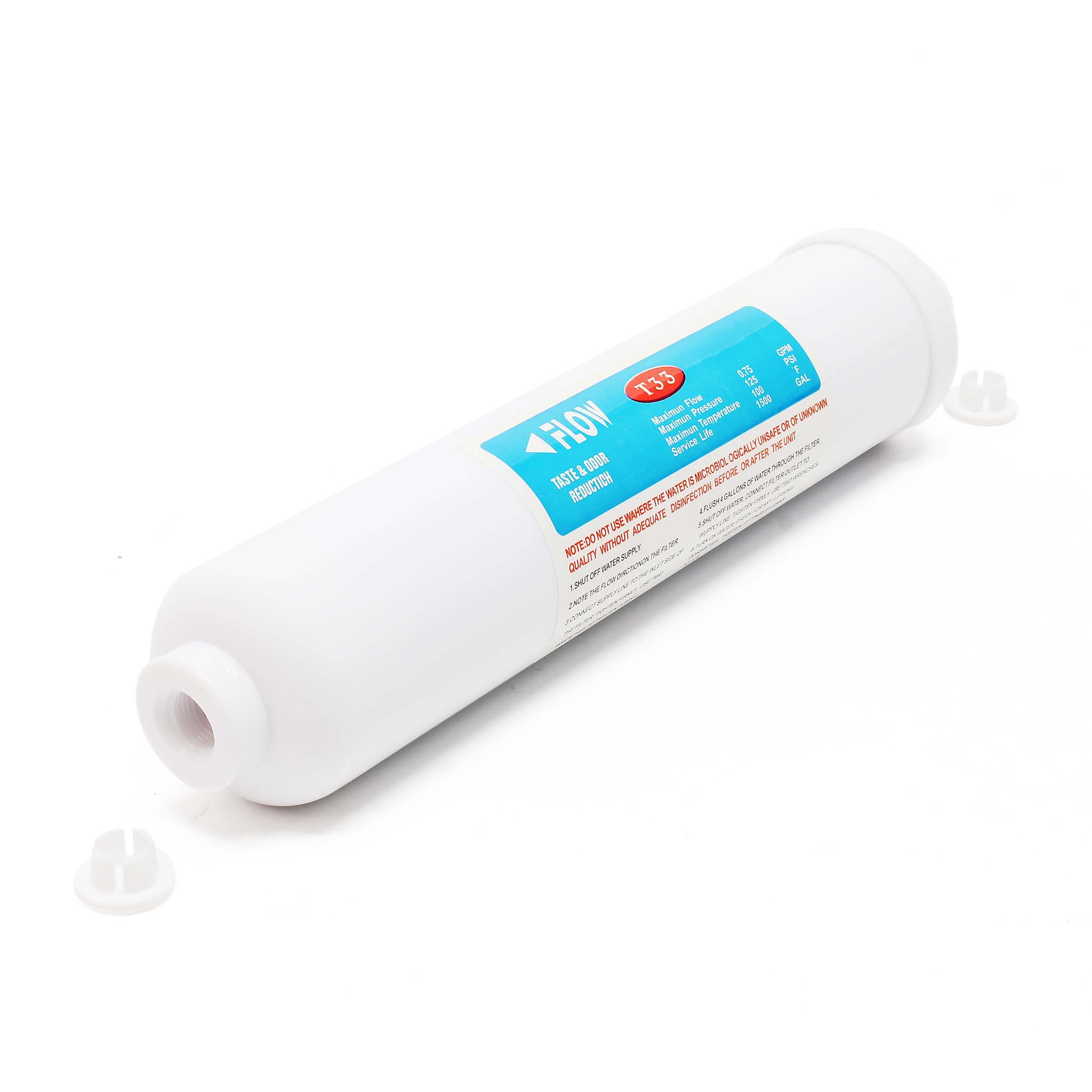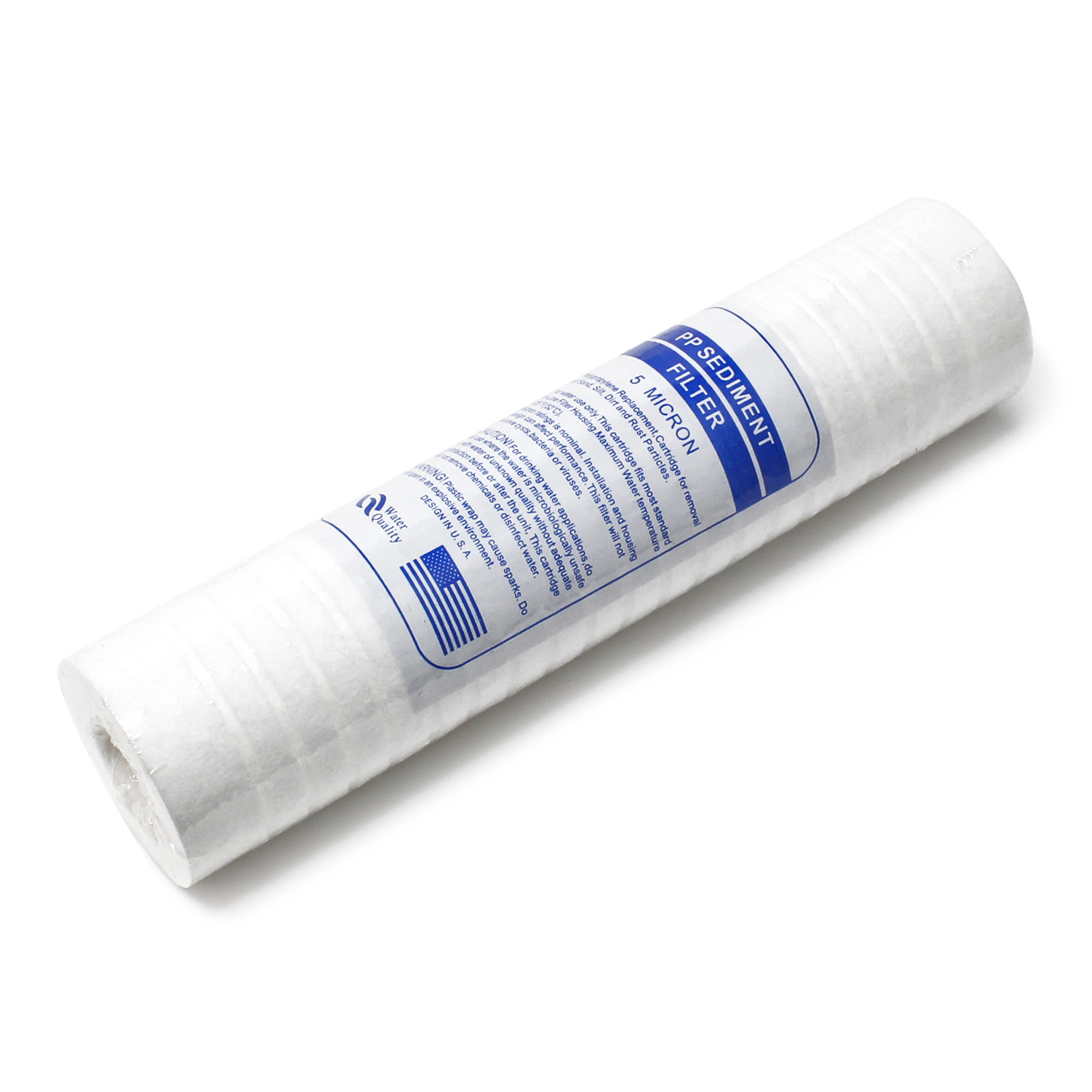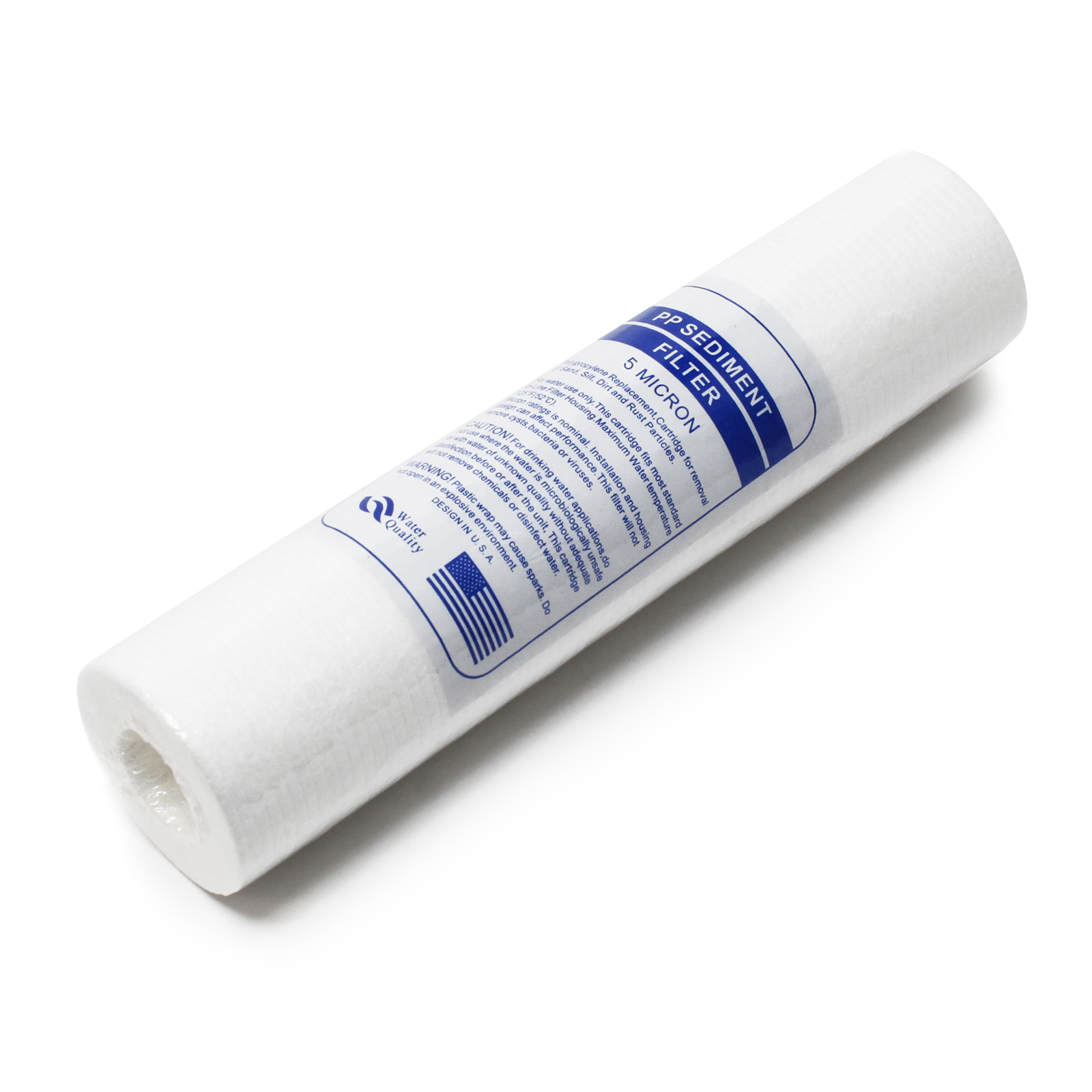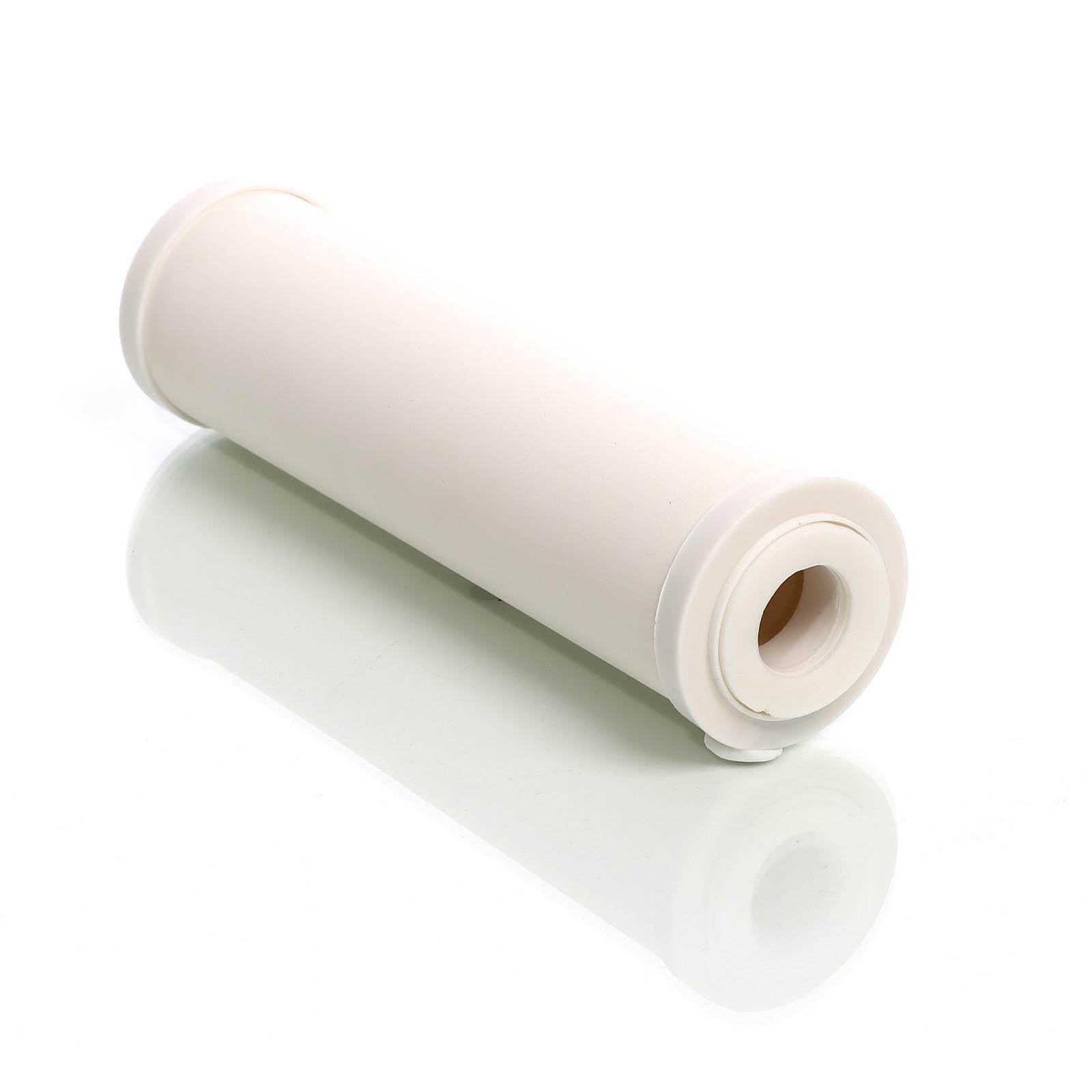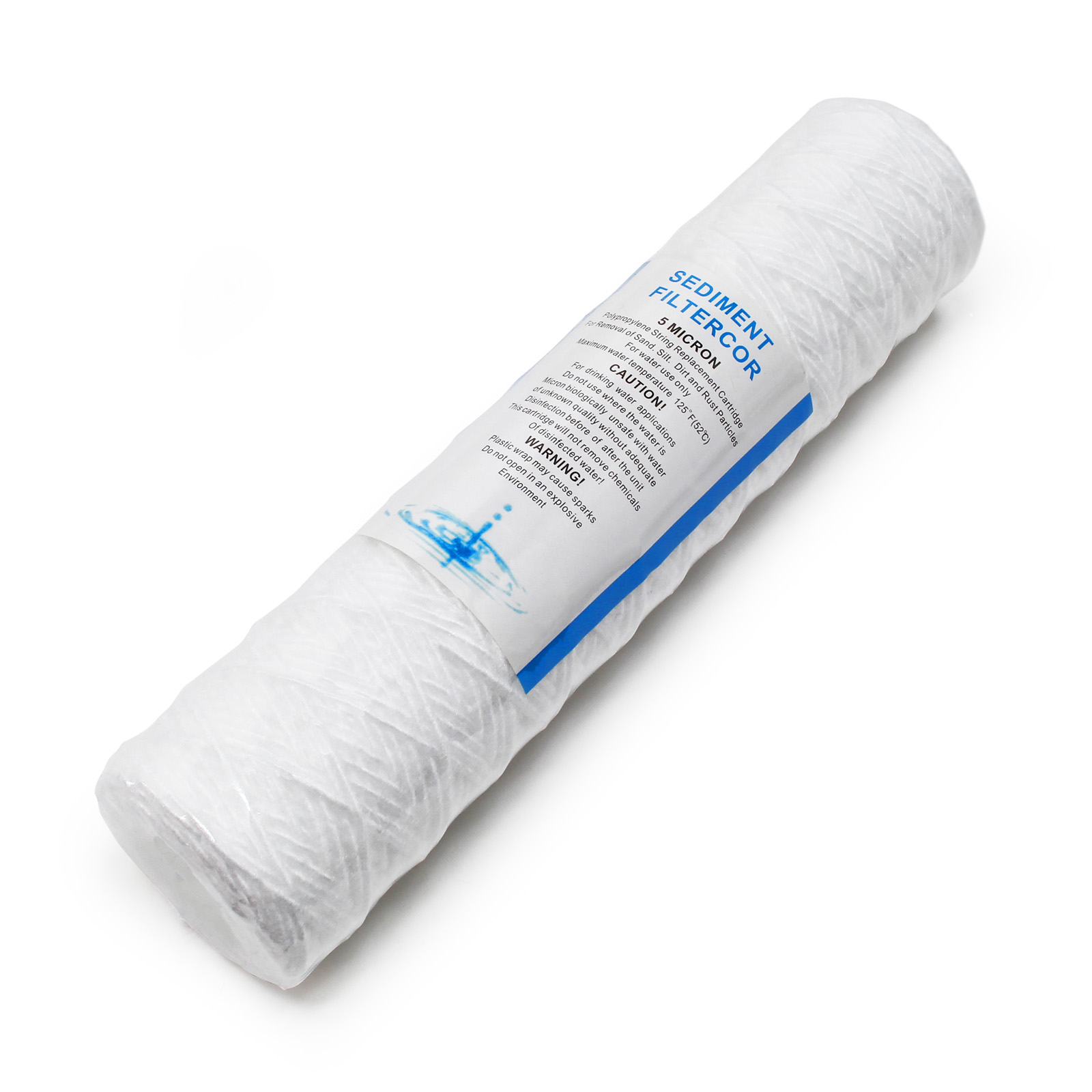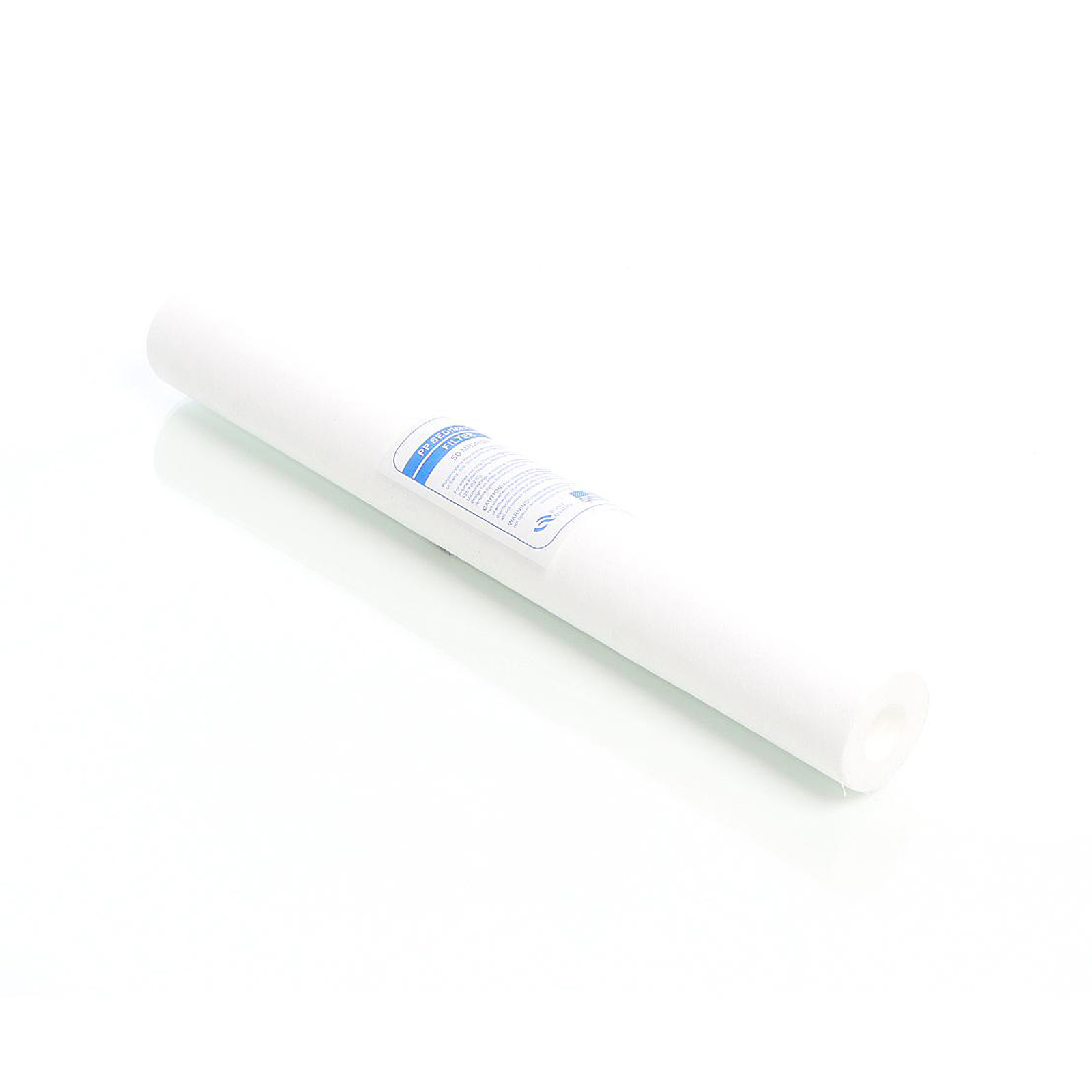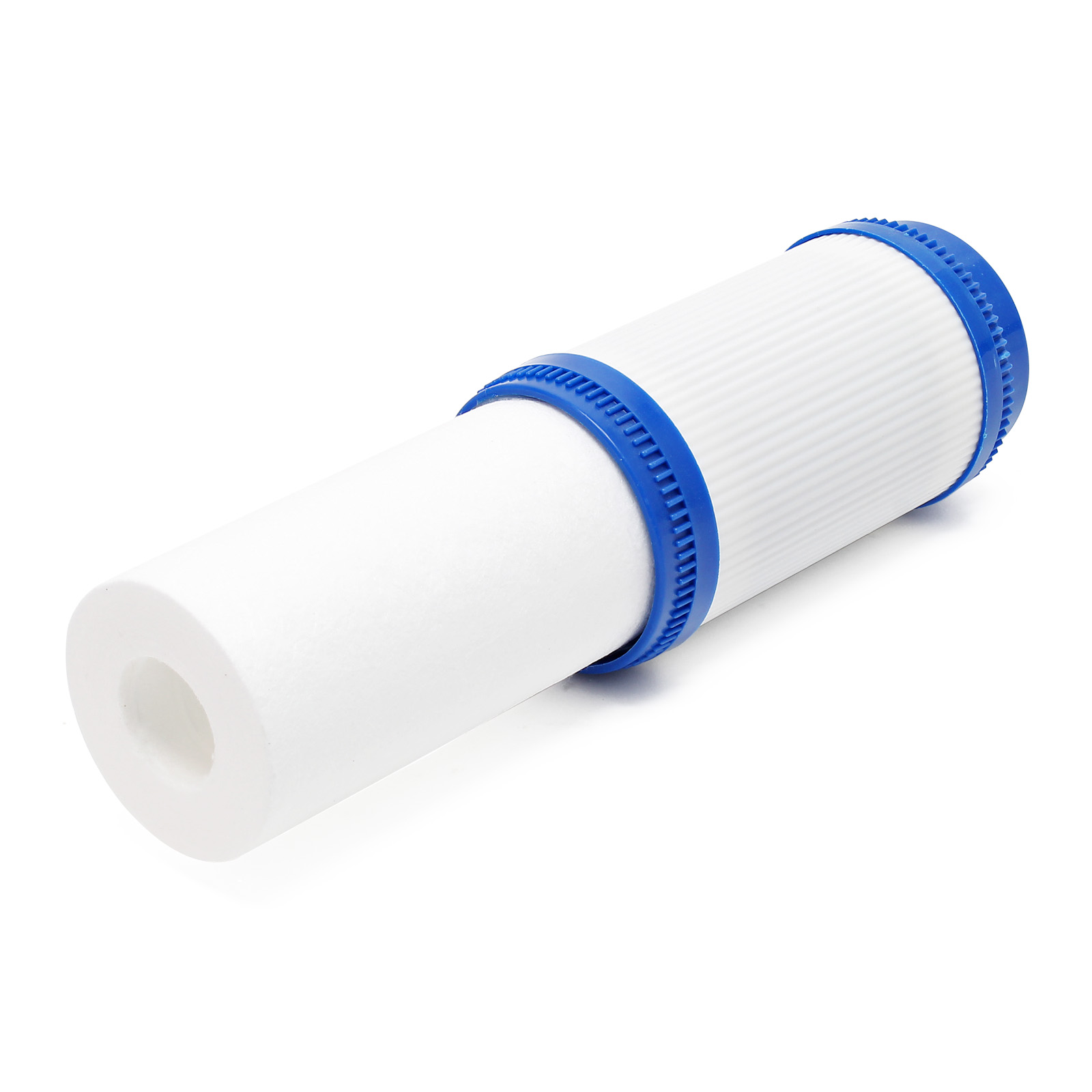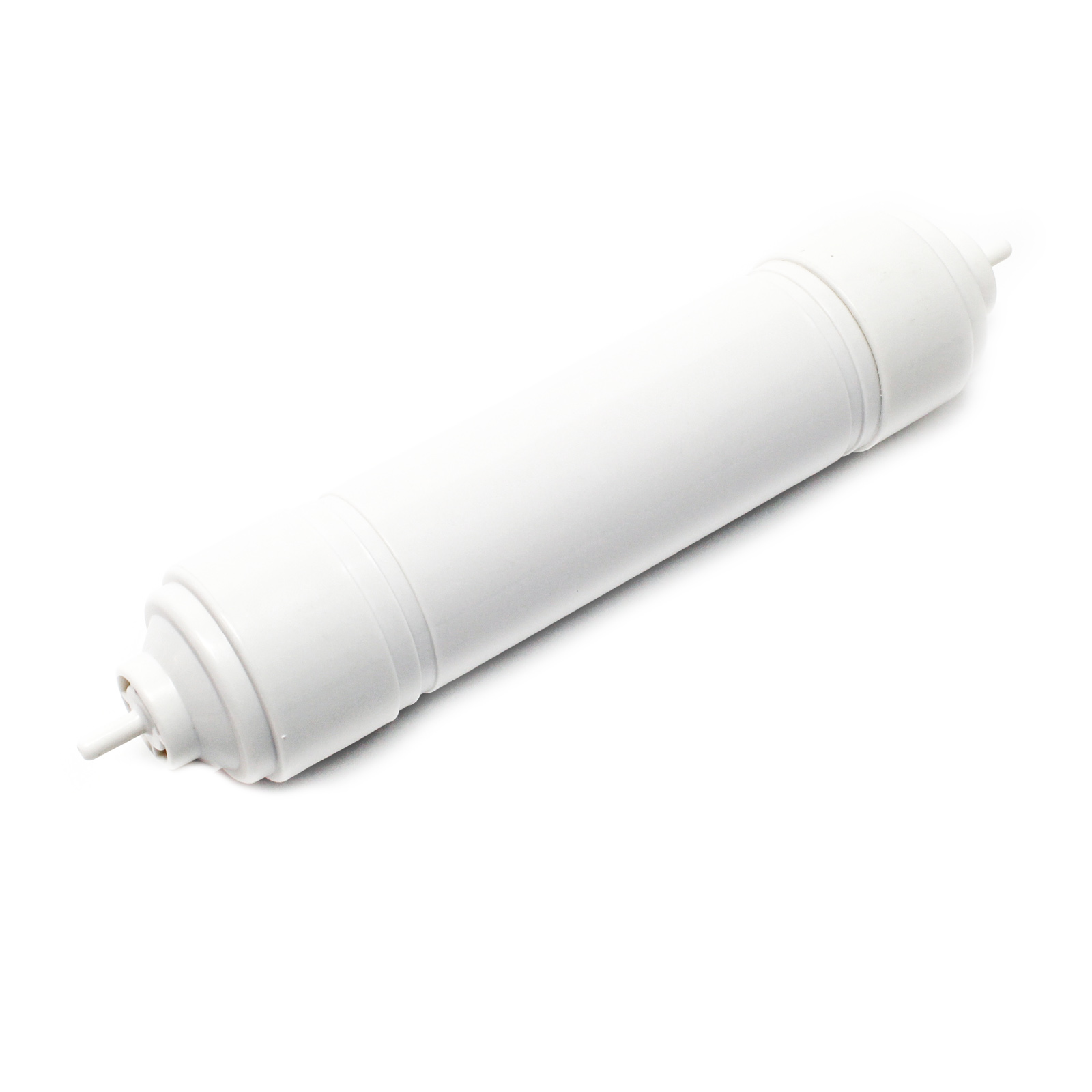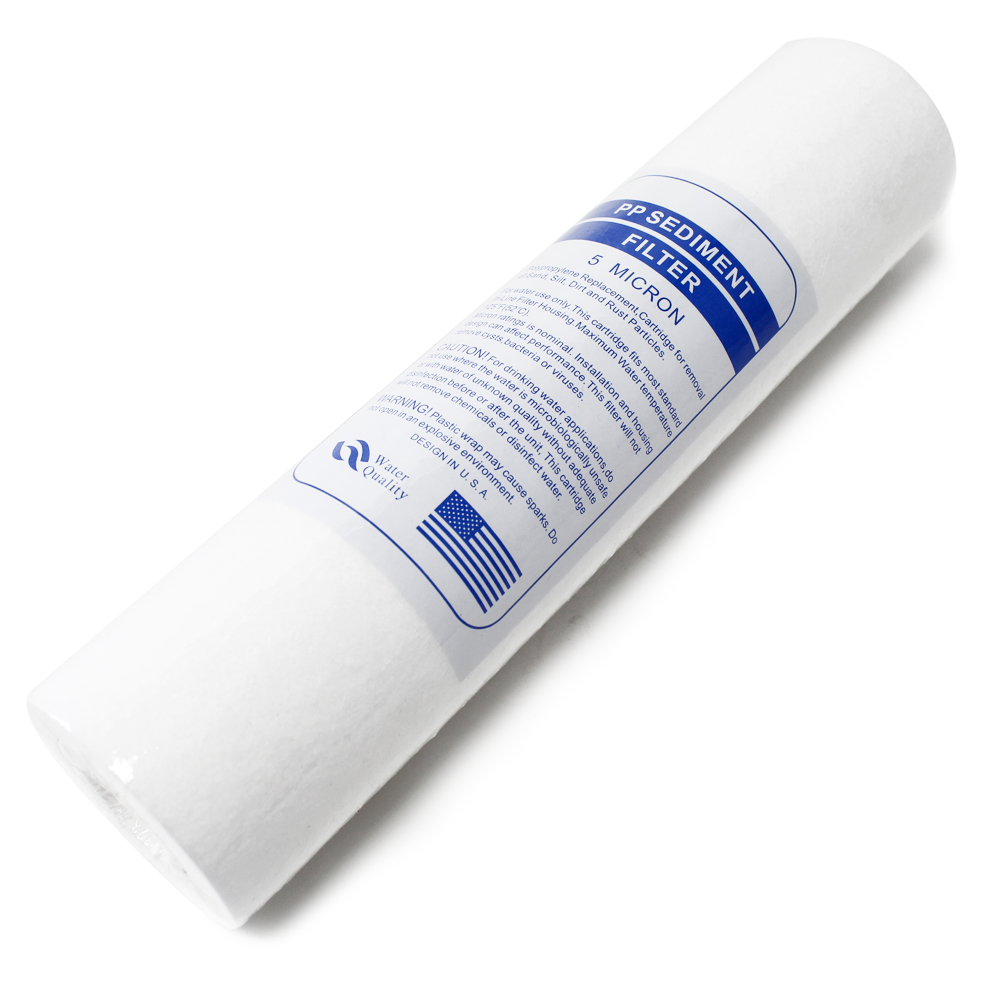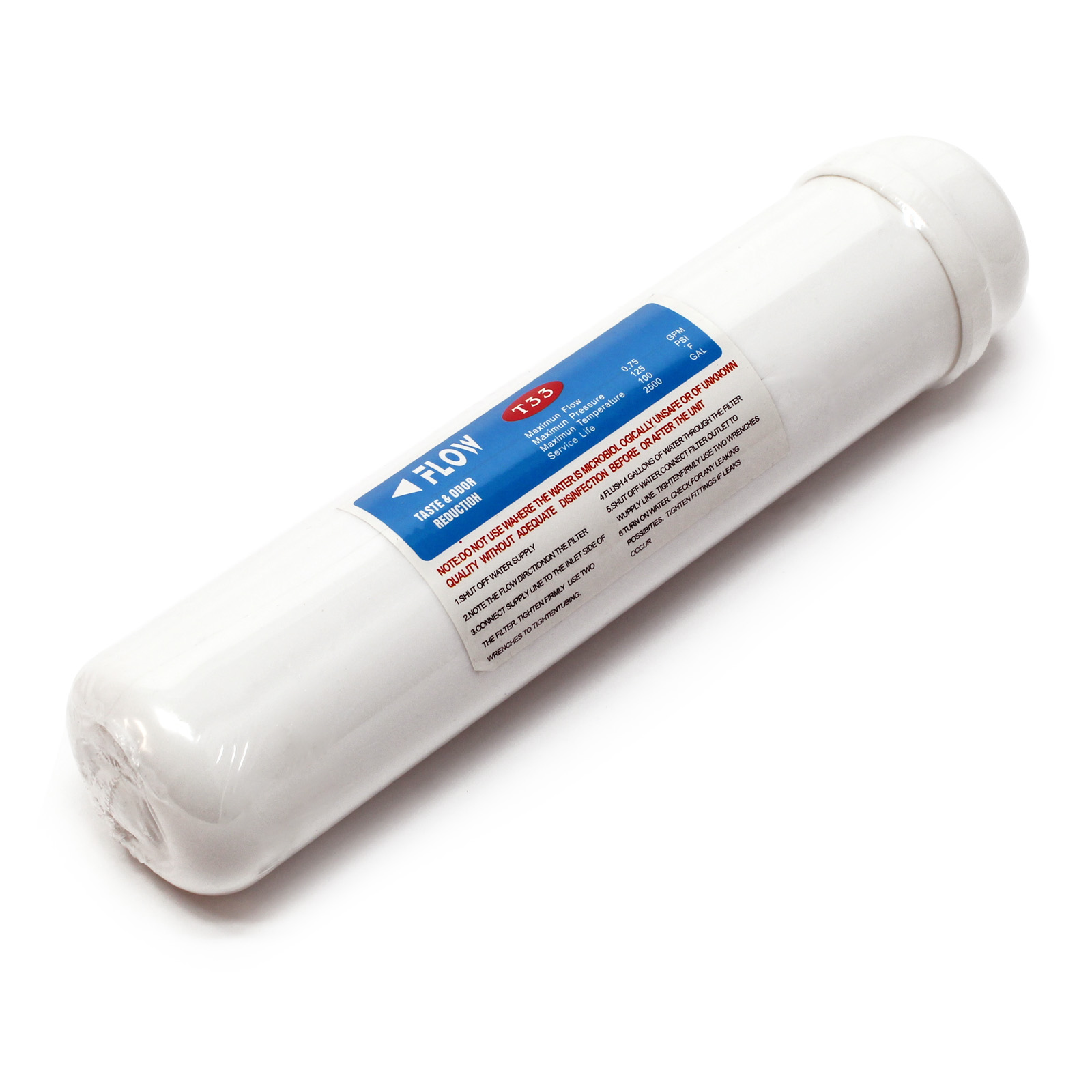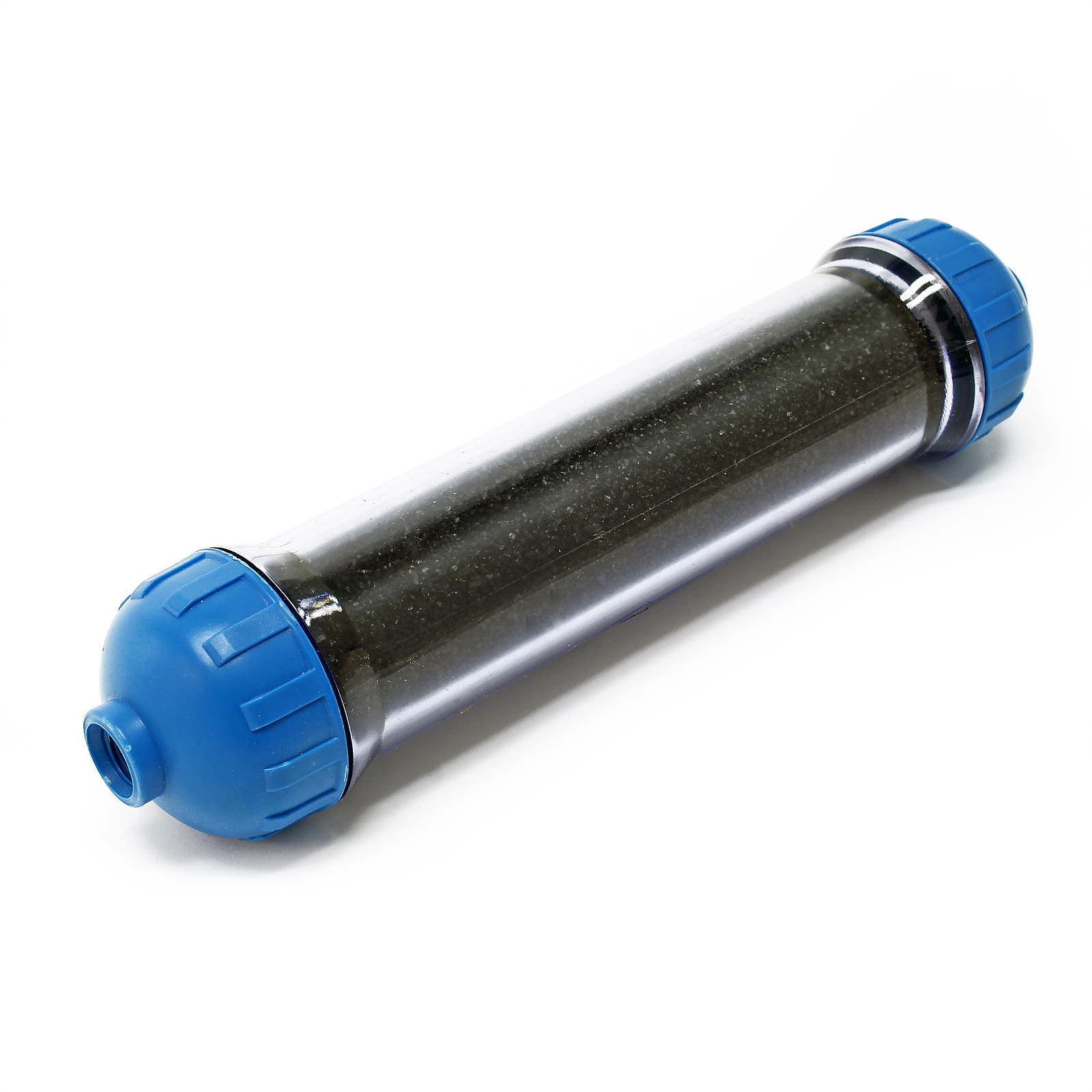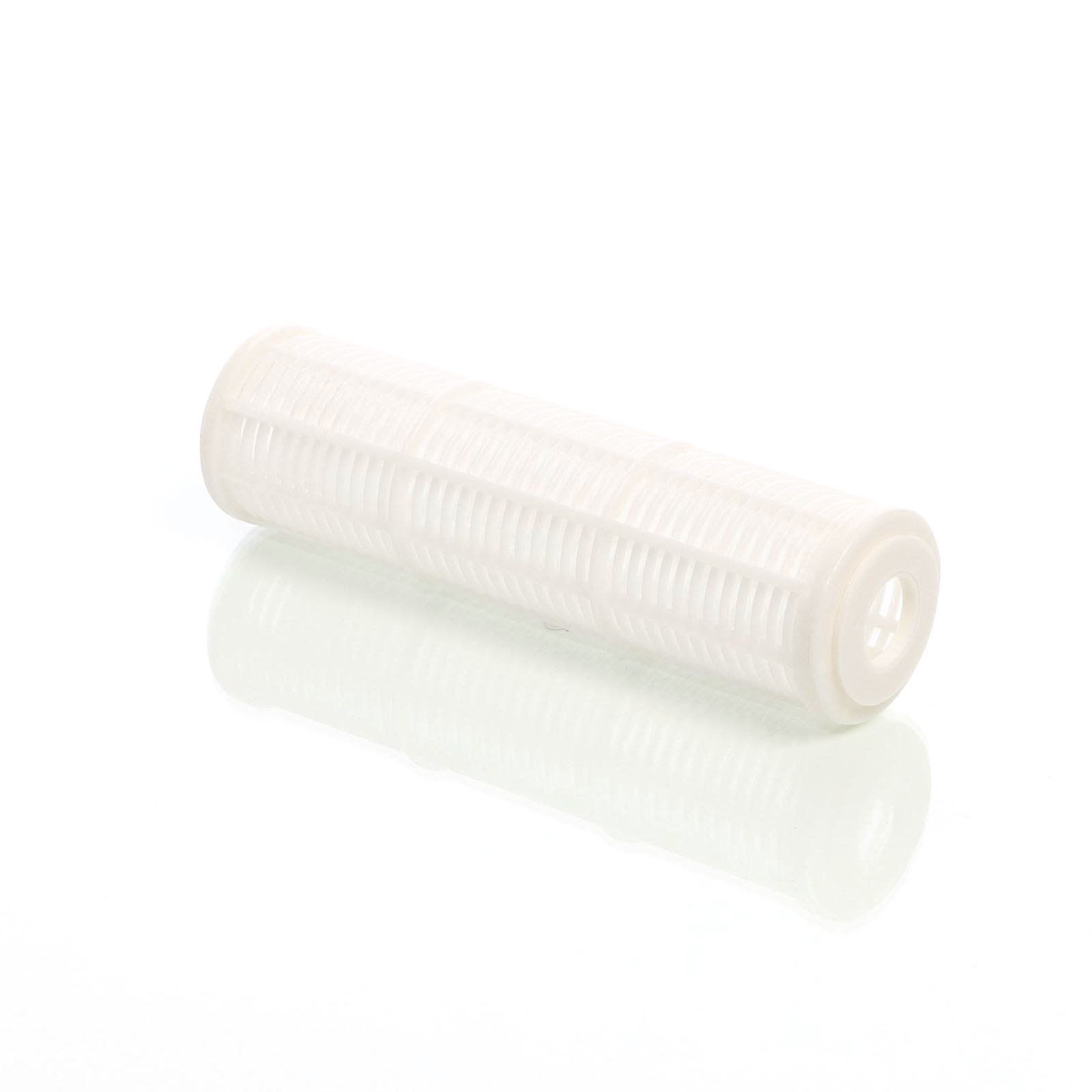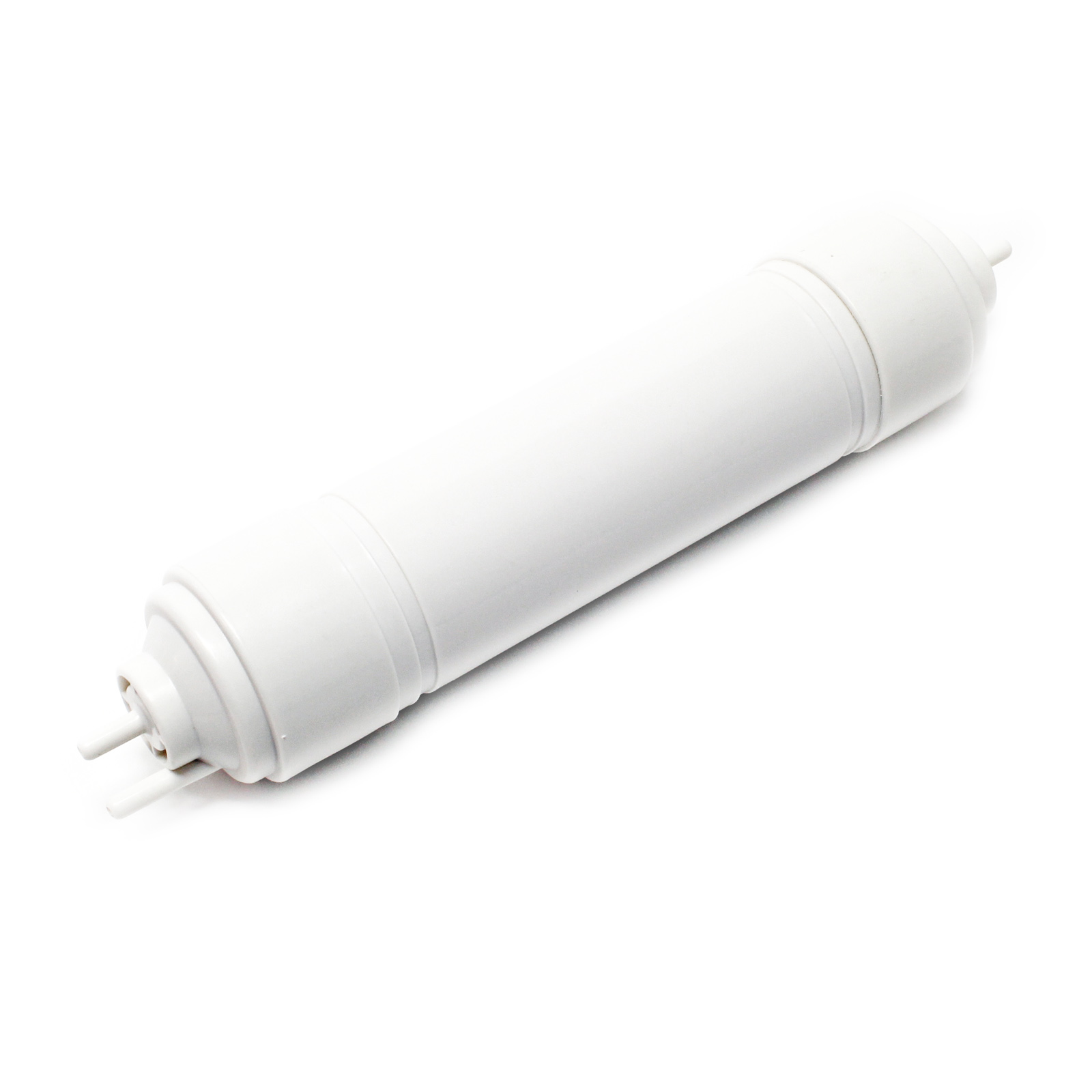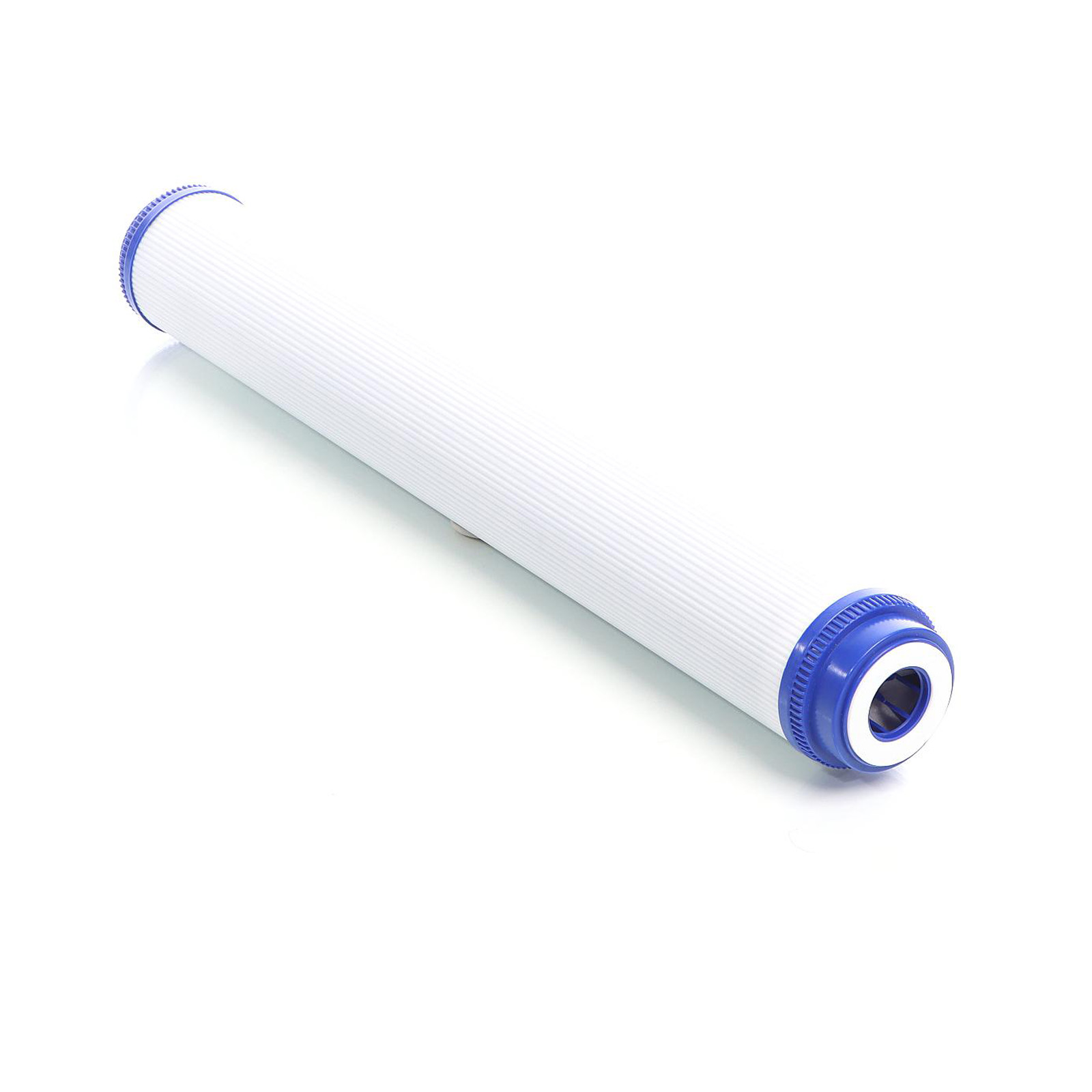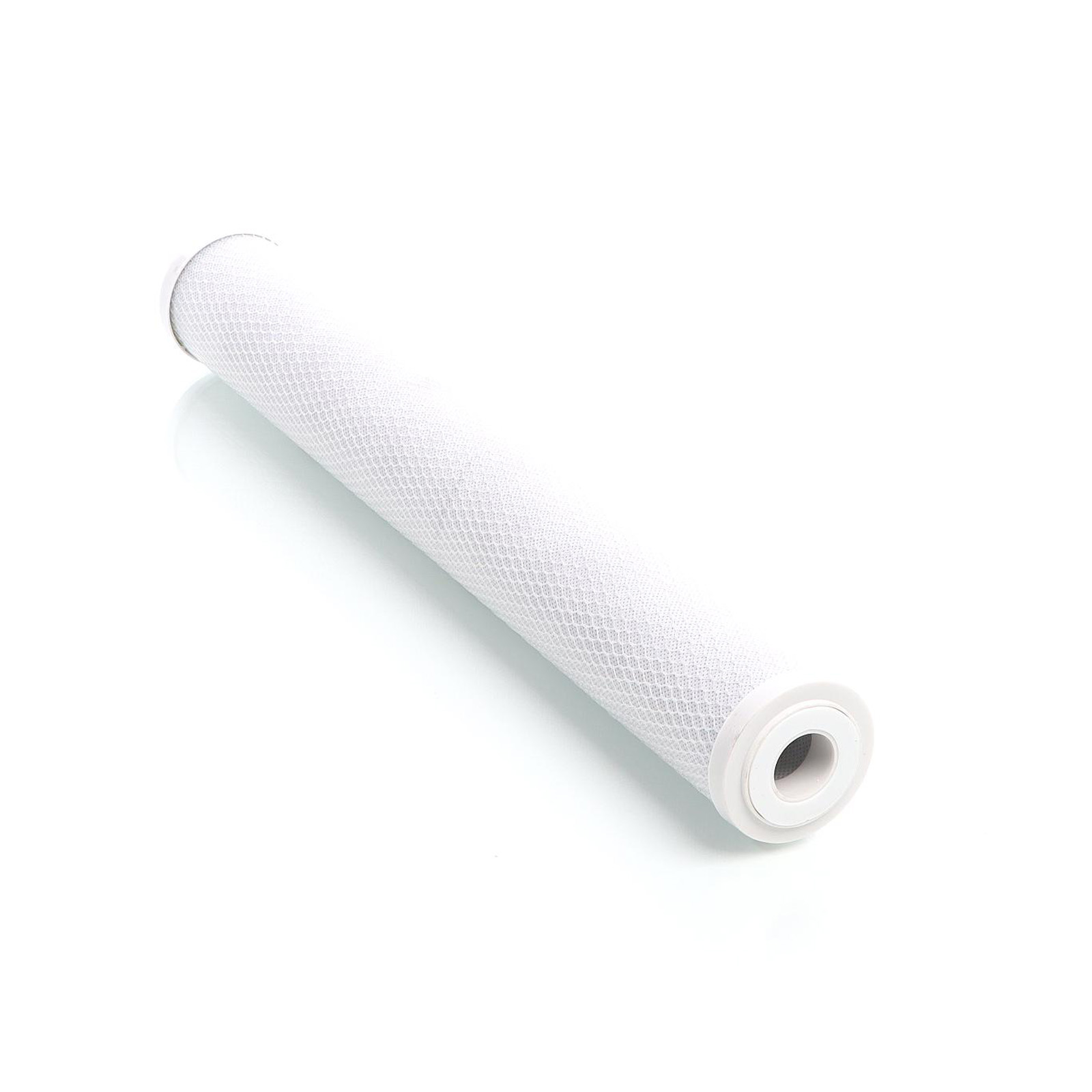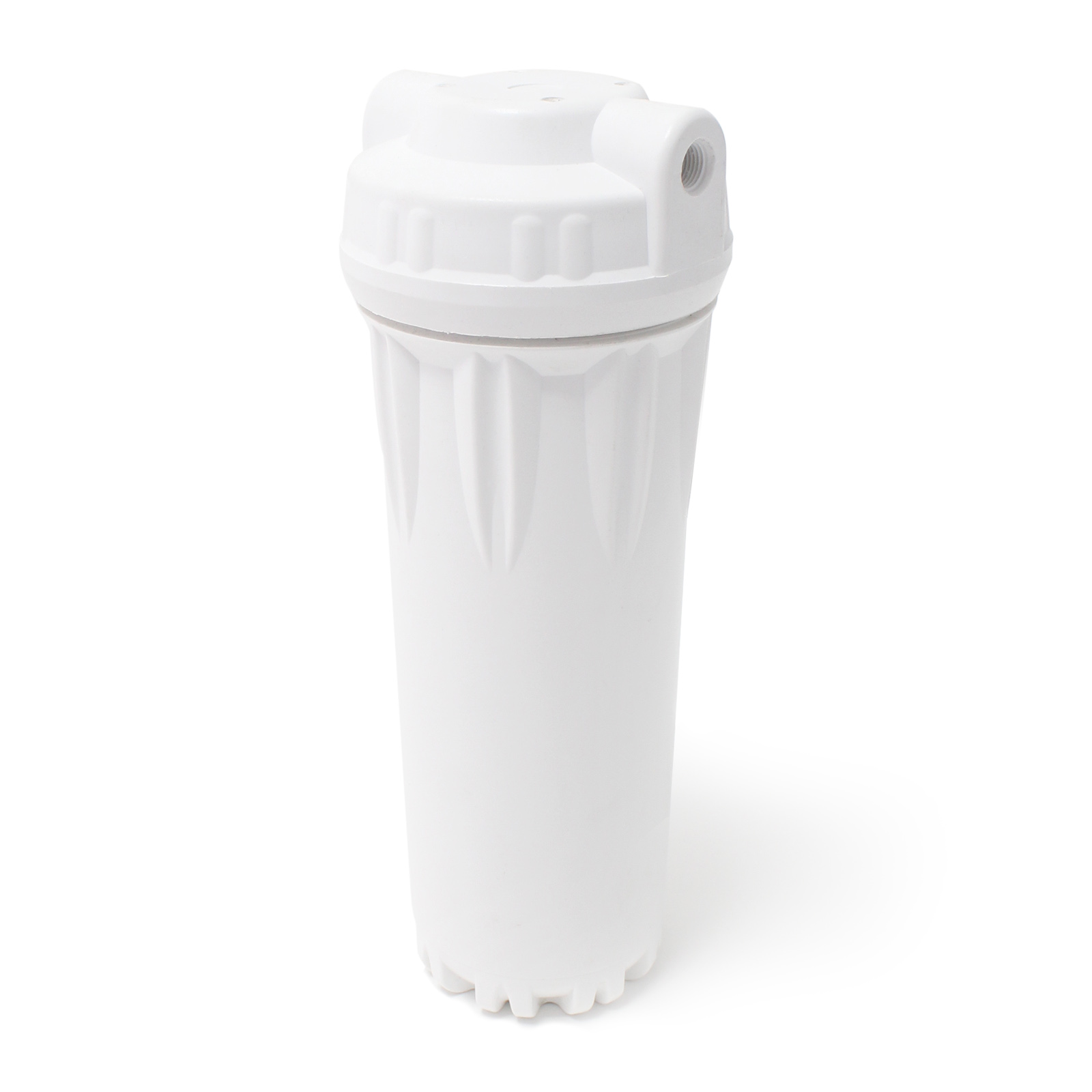Spare Filters
Available, delivery time: 2 - 3 days
• Modern & environmentally friendly
• 10″ – 254 mm
• Activated-carbon block insert
Available in 76 days, delivery time 2 - 3 days
• Suitable for 10″ water filter
• Replacement filter
Available, delivery time: 2 - 3 days
• For 10-inch filter cartridges
• Also suitable as a pre-filter
• Filters sediment particles such as sand/rust/algae
• Replacement filter for countertop and under-sink water filters
Available, delivery time: 2 - 3 days
• Modern & non-polluting
• Incl. Housing for Jaco screw connection
• 10 Zoll (254mm)
Available, delivery time: 2 - 3 days
• Diameter: Ø 62-72 mm
• Compatible with our 5 stages Ultrafilter:
• NW-UF305 (SKU 50805)
Available, delivery time: 2 - 3 days
• Diameter 2 1/2 inches (60 mm)
• Fineness 5 µ
• fluted Sediment filter
Available, delivery time: 2 - 3 days
• Diameter 2 1/2 inches (60 mm)
• Fineness 5 µ
• fluted Sediment filter
Available, delivery time: 2 - 3 days
• Filter fineness 0,5 µ
• Easy replacement
• Modern & non-pulling
• Taste optimizer
Available, delivery time: 2 - 3 days
• Sediment filter 10" (254 mm)
• Suitable for 10" O-Ring housing
Available, delivery time: 2 - 3 days
• Modern & umweltfreundlich
• Inkl. Gehäuse für Jaco-Verschraubung
Available, delivery time: 2 - 3 days
• Moderne & eco-friendly
• Taste optimizer
• Diameter Ø 60 mm
Available, delivery time: 2 - 3 days
• 50% Polypropylene Fibre Filter
• 50% Activated charcoal granulate Filter
• Suitable for 254 mm (10") Filter housing
• Filter efficiency 95%
Available, delivery time: 2 - 3 days
• 320 x 64 x 64 mm
• Granular carbon filter
Available, delivery time: 2 - 3 days
• Diameter 4 1/2 inches (113 mm)
• Fineness 5 µ
• Pleated filter cartridge
Available, delivery time: 2 - 3 days
• 1/4 Inch inside thread
• Easy replacement
• Modern & non-pulling
• Taste optimizer
Currently not available
• Grade of filtration of 5 µ
• Removes rust, pesticides, etc. from the water
• Reduces the concentration of heavy metals
• Active coal is characterised by its high grade of filtration
Available, delivery time: 2 - 3 days
• Length 254 mm (10 inches)
• Improves flavour & smell of the water
• High-quality activated carbon granulate
• Sturdy filter casing
Available, delivery time: 2 - 3 days
• Easy replacement
• Moderne & non-pulling
Available, delivery time: 2 - 3 days
• 320 x 64 x 64 mm
• Sediment filter
Available in 76 days, delivery time 2 - 3 days
• Diameter 4 1/2 inches (113 mm)
• Fineness 10 µ
• Block carbon filter
Available, delivery time: 2 - 3 days
• Suitable for 20 Inches water filter
• Replacement filter
Available, delivery time: 2 - 3 days
• Easy replacement
• Moderne & eco-friendly
• Taste optimizer
Available, delivery time: 2 - 3 days
• Suitable for 20" water filter
• Replacement filter
Available, delivery time: 2 - 3 days
• Diameter Ø 62-72 mm
• Compatible with our 5 stages Ultrafilter:
• NW-UF305 (SKU 50805)













